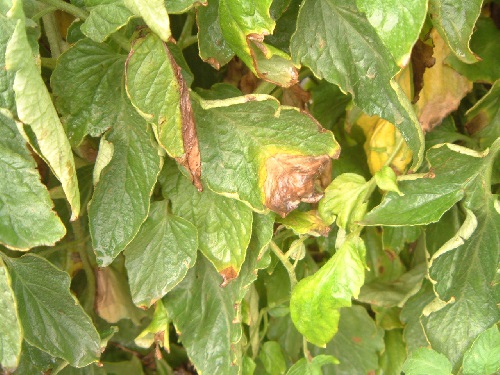Where’s All the New Blood? The Fruit Industry is Wondering
One question that has been asked since American Fruit Grower’s State of the Industry survey began five years ago is in regard to succession planning, as growers are notorious for insisting on running the show well into their 70s and 80s. Not that there is anything wrong with that; actually, it’s pretty darned admirable. But for the good of the farm, a succession plan just seems to make sense.
That first year of the survey, just more than half the growers said they had no one in place to succeed them when they eventually retired. That year seemed like it might be an anomaly, as most growers are thoughtful, long-term planners. But in the years since, that number hasn’t dropped below 50%.
Last year, in fact, the number was up, very slightly, to 53%. And this year it’s up to its highest to date: 57%. That doesn’t seem like much of an increase. But again, having a succession plan doesn’t seem like much to ask, especially when 70% of the growers responding this year are 55-plus. Indeed, the “GenNext” growers could be turning as old as 50 themselves this coming year. The actual text of the survey question: “Do you have anyone from the GenNext Grower generation (born after 1970) who is preparing to assume, or has assumed, leadership in your operation?”
BACK IN THE SADDLE
The survey also asks those young people what their generation’s biggest strengths are in returning to the farm, and they make some excellent points. These include:
- Not afraid of embracing new technology.
- Most have had to go into other industries prior to returning to the farm.
- Bringing modern methods.
- Openness to new ideas.
- Willingness to adapt to change.
- Thinking outside the box.
- The ability to look at old, unsolved problems with a new approach.
- Expectation of doing better, asking: Why have we always done it this way? Why not try this way?
WHERE’S THE OPPORTUNITY?
Perhaps many older growers don’t have a GenNexter available, so the survey asked: What is the biggest opportunity for the next generation of specialty crop growers?
- Connecting with consumers on an emotional level.
- Recognizing that people are more educated and want to know where their food comes from, and who their farmer is.
- Choosing crops nobody grows and selling direct to consumer.
- Harvesting the power of robotics to increase and improve production quality and efficiency while also reducing overall labor investment.
- Understanding how to reach the non-farmers of our generation and teach them about where their food comes from — and hopefully sell them some in the process.









